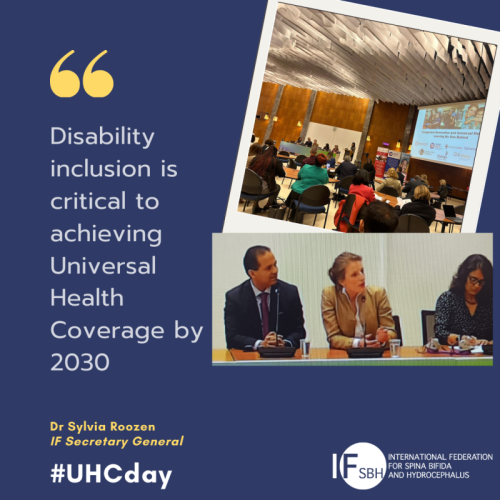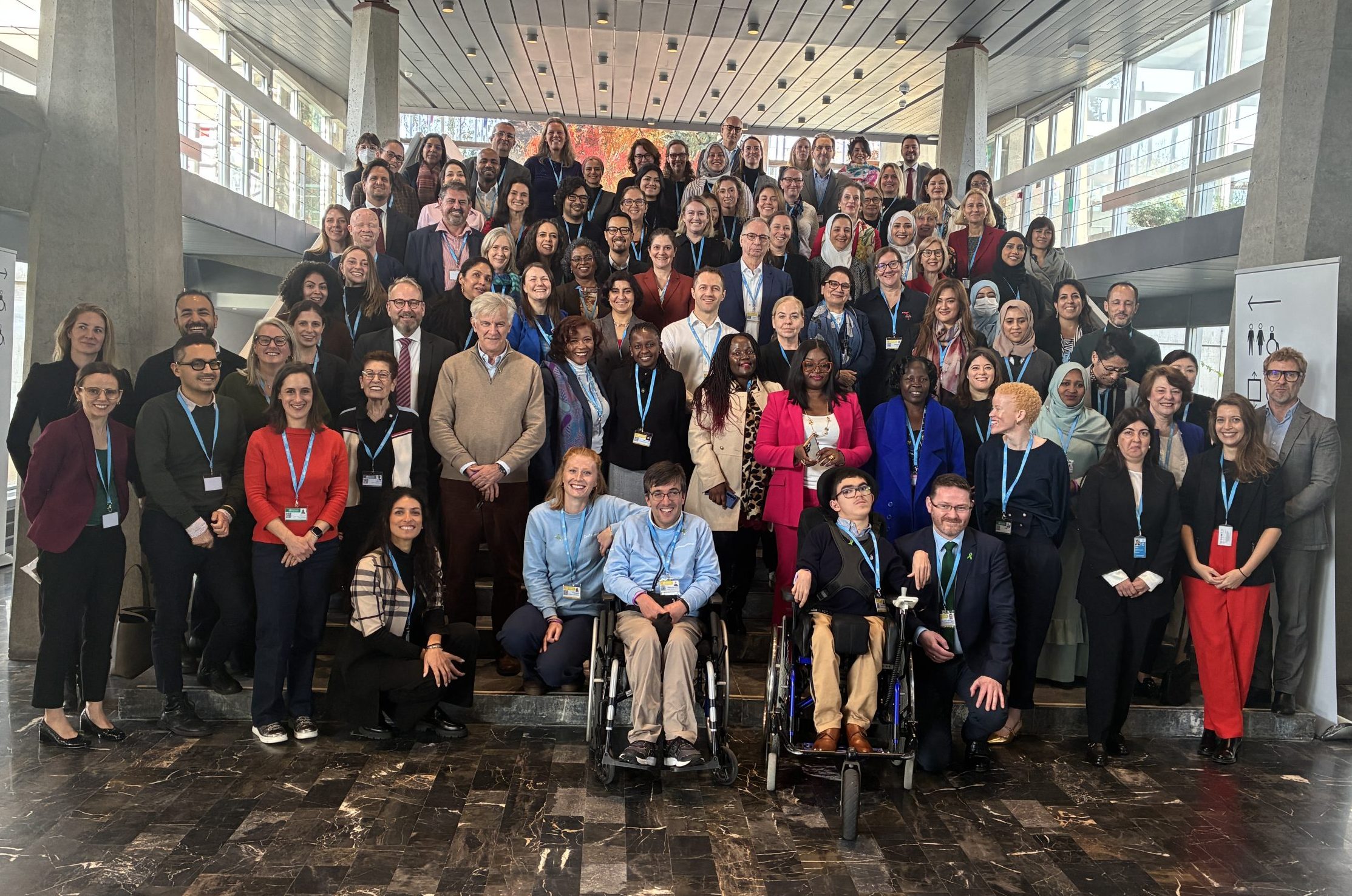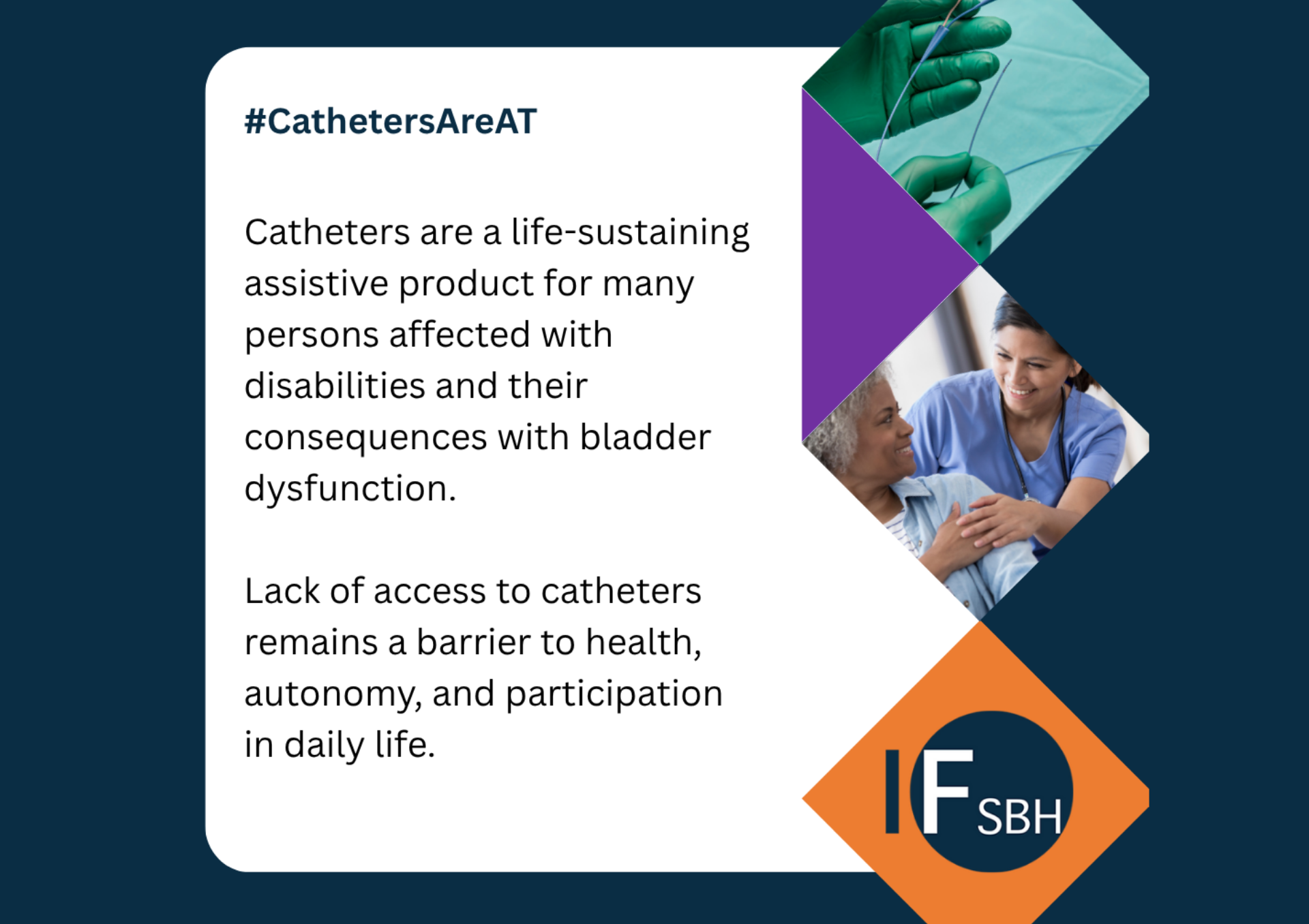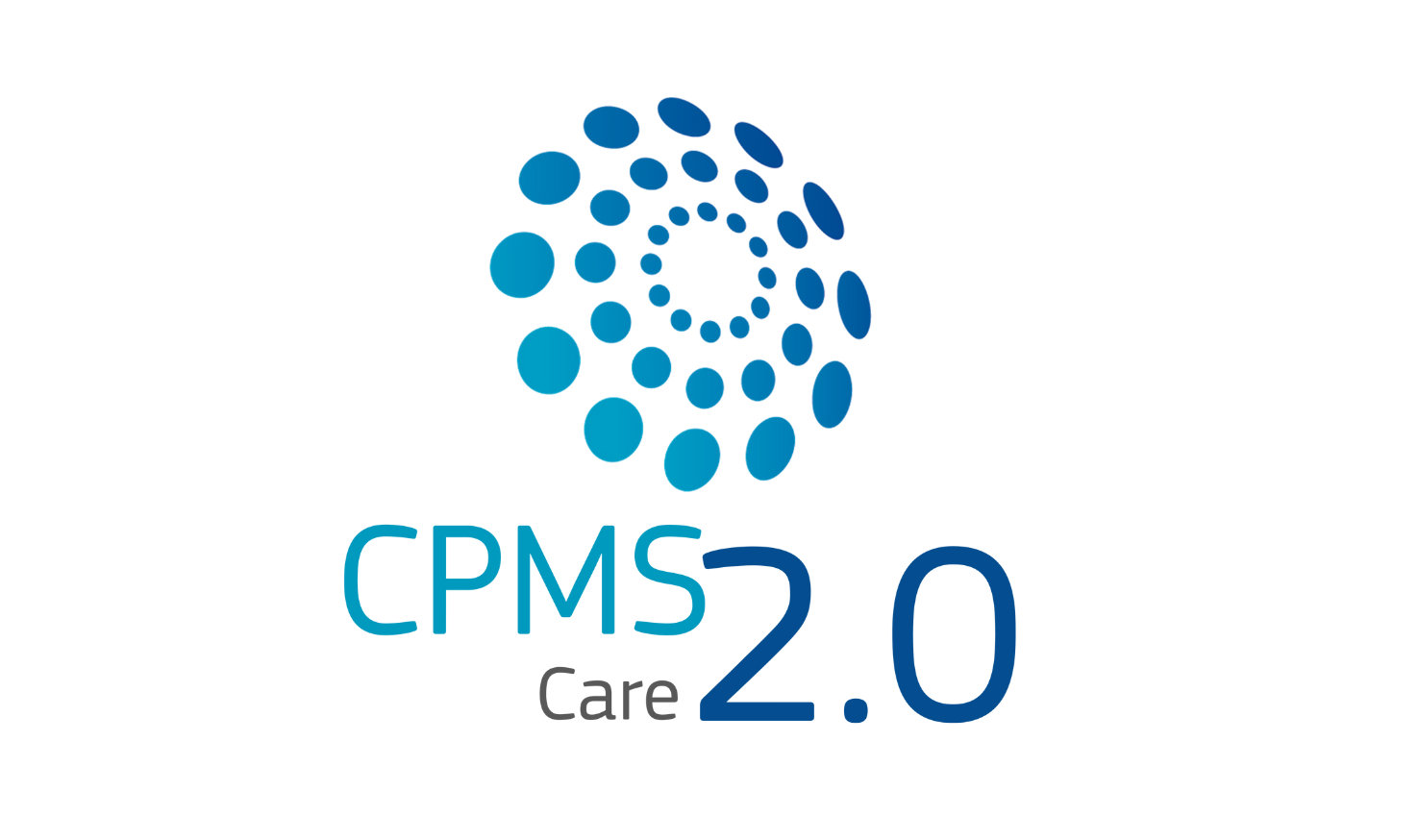A global call to break down these barriers and promote health equity for all
On 12 December, we celebrate Universal Health Coverage Day, a global call to ensure that everyone has access to quality healthcare, free from economic or social barriers. It is a pivotal moment to reflect on how disability intersects with the need for universal health coverage.
According to the recent WHO Global Report on Health Equity for Persons with Disabilities, approximately 1.3 billion people worldwide live with significant disabilities, and far too often, they face avoidable inequalities such as limited access to healthcare services, systemic biases, and physical, social, and institutional barriers. Addressing these injustices is not only a moral imperative but also a necessity to achieve Universal Health Coverage (UHC) and the Sustainable Development Goals.
The WHO’s new Health Equity for Persons with Disabilities Action Guide provides a concrete roadmap for integrating disability inclusion into health systems. The guide emphasises the importance of adopting strategies that account for intersectionality and diversity, ensuring that no one is left behind. It urges policymakers to commit to:
- Breaking down barriers and promoting inclusive healthcare services.
- Actively involving persons with disabilities in decisions affecting their health.
- Collaborating for a future where health equity is a reality for all.
In order to promote and protect the rights of persons with spina bifida and/or hydrocephalus, we call upon policy makers and all relevant stakeholders:
- To support and facilitate discussions with relevant ministries and agencies on mandatory fortification programs of vitamin B9 staple food, important for safe and effective primary prevention;
- To strengthen through early education and awareness creation, the importance of prevention and integrated multidisciplinary care crucial for the lifelong support of persons affected by SBH and their families;
- To encourage knowledge sharing and understanding on the role of genetics amongst healthcare professionals, persons with SBH and families in order to better facilitate the process of communication of diagnosis, genetic counselling and the opportunities for novel therapeutic interventions;
- To encourage and support healthcare and academic institutions to design guidelines and care protocols to establish adequate standards in the management of urological, surgical and rehabilitations care;
- To work alongside ministry of health to strengthen infrastructures to improve multidisciplinary health care, evidence-based management and collection of secure patient data such as through a patient registry;
- To encourage discussions around the coordination and continuity of healthcare for optimizing transitioning from childhood to adulthood care to promote independent living.
The International Federation for Spina Bifida and Hydrocephalus (IF) reaffirms its commitment to supporting individuals with Spina Bifida and Hydrocephalus, advocating for accessible, inclusive, and rights-based healthcare. IF continues to work with global communities to ensure that these conditions are addressed through inclusive health policies, awareness-raising, and healthcare professional training, so that no one is left without the support they need.
To advance this commitment with us, co-sign our historic Kuala Lumpur Declaration, a call to improve the prevention of Neural Tube Defects (NTDs) and ensure continuous, coordinated, and inclusive multidisciplinary care for individuals affected by Spina Bifida and/or Hydrocephalus (SBH):
For more information on IF policy work, contact Maddalena Maggiore, IF Policy Officer, at [email protected]





